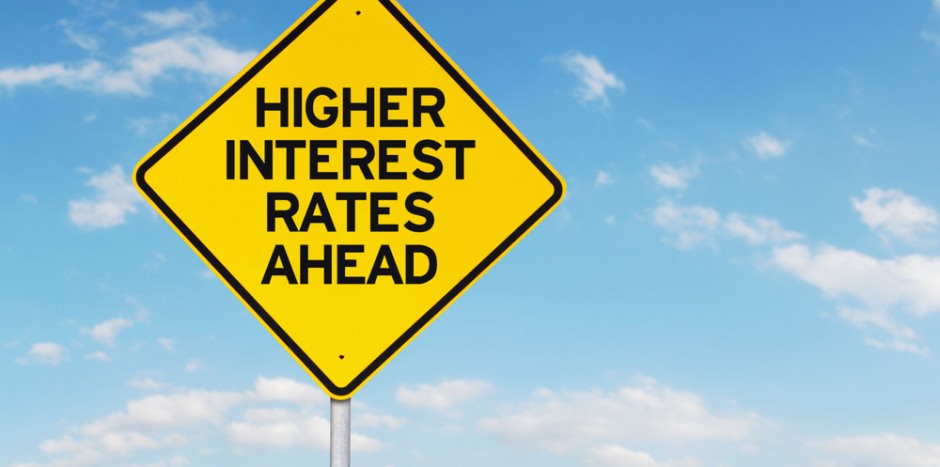The Federal Reserve caused a stir last week when it voted to raise interest rates yet again – the fourth time its done so this year. Now, the real estate industry is bracing itself to see how the latest rate increases will impact mortgage rates as we head into 2019.

The Federal Open Markets Committee announced after its two-day December meeting that it would be raising the federal funds rate by 25 basis points to a targeted range of 2.25 percent to 2.5 percent. This follows raises this year in March, June, and September, and marks the ninth time the Fed has raised its rate since December 2015 (when its rate was nearly zero).
“[The] rate hike means borrowing gets costlier, especially for credit cards, home equity lines of credit, and borrowers with adjustable rate mortgages,” Greg McBride, Bankrate’s chief financial analyst, noted in a blog post. “Consumers should aggressively pay down debt, refinance into fixed rates, and grab zero percent credit card offers to insulate against additional rate hikes and accelerate debt repayment.”
The Federal Reserve has justified its rate increase, saying that labor markets and economic activity are growing.
“Job gains have been strong, on average, in recent months, and the unemployment rate has remained low,” the Federal Open Market Committee said in a statement. “Household spending has continued to grow strongly, while growth of business fixed investment has moderated from its rapid pace earlier in the year. On a 12-month basis, both overall inflation and inflation for items other than food and energy remain near 2 percent. Indicators of longer-term inflation expectations are little changed, on balance.”
The Federal Open Market Committee has hinted at two further rate increases in 2019.
Borrowing could therefore become even more expensive in the new year, and experts are worried it could have negative implications for real estate markets.
“Low levels of new construction this decade and low borrowing costs fueled sharp price gains, particularly in coastal cities” that have prompted a slowdown in the housing market, The Wall Street Journal reported.
McBride warned that with more mortgage rate volatility expected in 2019, the market could see the slowdown pick up pace.
“Low interest rates have been the key ingredient in this almost 10-year-old bull market and the prospect of rising rates is if it makes other investments look more appealing, it makes growth harder to come by,” McBride said. “Those are the kind of things that make stock investors sell first and ask questions later. And so that’s why we’ve seen the volatility that we have here in 2018. And that’s not going to change as we go into 2019.”